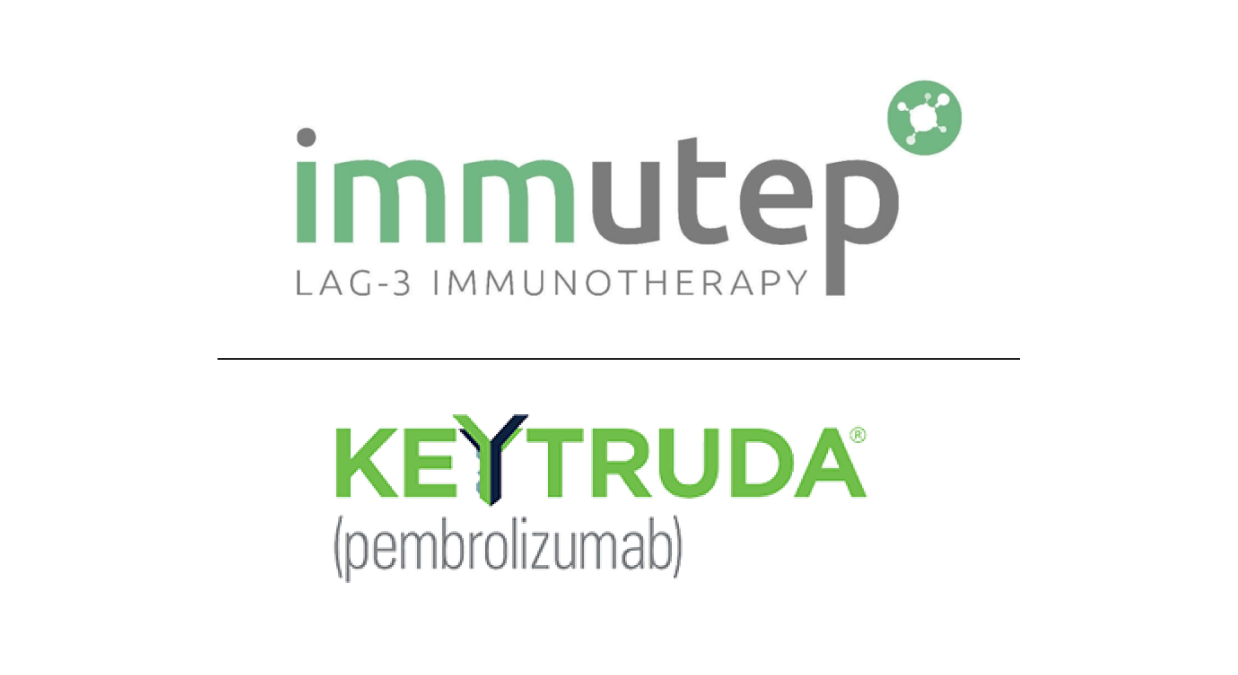Immutep’s Efti In Combination With KEYTRUDA® (pembrolizumab) Shows Strong Overall Survival In Head And Neck Cancer With CPS <1
Immutep announces promising TACTI-003 trial results, showing improved survival in head and neck cancer patients with low PD-L1 expression.
Breaking News
May 06, 2025
Simantini Singh Deo

Immutep Limited, a company focused on immunotherapies for cancer and autoimmune diseases, has announced promising results from the TACTI-003 (KEYNOTE-C34) Phase IIb trial. In Cohort B of the trial, evaluating eftilagimod alfa (efti) in combination with Merck's anti-PD-1 therapy KEYTRUDA® (pembrolizumab) as first-line therapy for patients with recurrent/metastatic head and neck squamous cell carcinoma (HNSCC) and PD-L1 expression below 1, a median overall survival (OS) of 17.6 months was achieved. This result is based on evaluable patients (N=31) with a data cutoff of March 31, 2025.
The 17.6-month median OS significantly outperforms current standard treatments for 1L HNSCC patients with a CPS <1, including 10.7 months from cetuximab + chemotherapy, 11.3 months from anti-PD-1 therapy + chemotherapy, and 7.9 months from anti-PD-1 monotherapy. Patients with CPS <1 in 1L HNSCC represent a population with a high unmet medical need, as current treatments for them primarily involve chemotherapy.
Marc Voigt, CEO of Immutep, said in a statement, “We are excited to see this strong survival benefit for head and neck cancer patients with such cold tumors. Combining these two complementary immunotherapies has led to a 7-fold increase in response rates and a more than doubling of median overall survival as compared to historical results from anti-PD-1 monotherapy. Driving durable responses that translate into clinically meaningful survival holds tremendous promise for these patients in need of more tolerable and efficacious therapies.”
He further added, “There is a high unmet need in 1L HNSCC patients with cold tumors and PD-L1 CPS <1, due to the lack of an approved immunotherapy-only treatment regimen and a lack of competitor trials with chemotherapy-free approaches targeting this patient population. Given the strength of the efficacy and safety results generated to date with efti in combination with pembrolizumab, we will meet with regulators to discuss next steps and potential paths to approval.”
The combination of efti and pembrolizumab continues to demonstrate strong efficacy, with no new safety concerns identified. The positive response rates, including multiple complete responses, highlight the potential of combining these immunotherapies in this difficult-to-treat patient group. The data further supports efti as a promising treatment option for 1L HNSCC patients with low PD-L1 expression.
